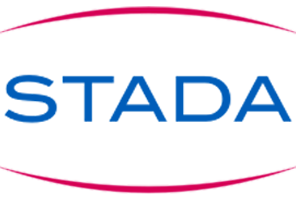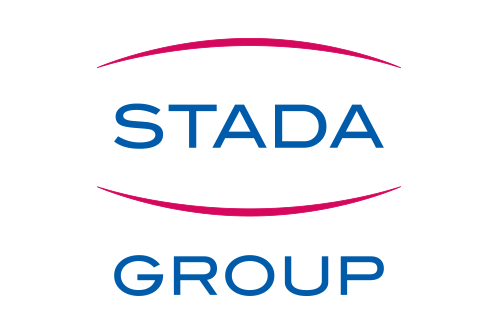Lothar Guske: “Ebola rapid test positively influences both patient and quarantine management”
- 2/11/2015
- Press Release
- Interview
A new test, available in March from STADA Diagnostics, will be able to detect an advanced Ebola infection within ten minutes. Lothar Guske, Managing Director of STADApharm and responsible for STADA Diagnostics, sat down with us to discuss the background and possible applications for this new product.
Mr. Guske, how does the Ebola rapid test that you began selling recently work?
For the Ebola rapid test we need serum, which can be derived from the patient's blood. If the person has a very high viral load, we only need to do a throat swab. These samples are then placed on the test cassette and, after about ten minutes, the results show either one or two lines. One line means the test was negative, while two lines confirm that the patient is in the advanced stages of an Ebola infection. Afterwards, further diagnostic procedures are required and the results must be confirmed by a second test in the lab.
What are the advantages of the new Ebola rapid test from STADA Diagnostics?
In addition to the speed with which a diagnosis can take place, the rapid test has a major advantage: the Ebola rapid test from STADA Diagnostics, unlike tests conducted in a laboratory, doesn't need electricity or other kinds of technical infrastructure. Because of this, the test represents a very important instrument in the diagnosis of advanced stages of the virus. Infections can now be identified faster than ever before, and this will have a positive impact on patient and quarantine management. People infected with the virus can be very quickly isolated from their surroundings to prevent further infections, and further diagnostics and therapies can begin sooner.
Can those affected use the test themselves?
The Ebola rapid test, like other DNA tests from STADA Diagnostics, is only for use by medical professionals. Our rapid test is made to be as easy as possible for trained professionals to use, even without prior knowledge of its application. To ensure this, the operating instructions are printed in three languages: German, English and French and contain all relevant information on the rapid test.
Can you tell us a little bit about the about the partnership that helped to develop the Ebola rapid test?
In the past we've had a very good experience supplementing our strengths in sales and marketing with the expertise of highly specialized partnerships to bring innovative products to market. We've continued this approach for the newest area in our product line and are working together with Senova in the city of Weimer, a company which has been developing immunological rapid tests since 1999. The experience and competence that our colleagues from Thuringia bring to the table, along with their dedication, are extremely impressive. The Ebola rapid test was developed by Senova and its reliability was verified through several hundred samples from Ebola patients in Guinea, one of the countries with the most Ebola infections. Incidentally, Senova is also taking care of production. We at STADApharm are responsible for worldwide sales.
For more infromation see our press release.

